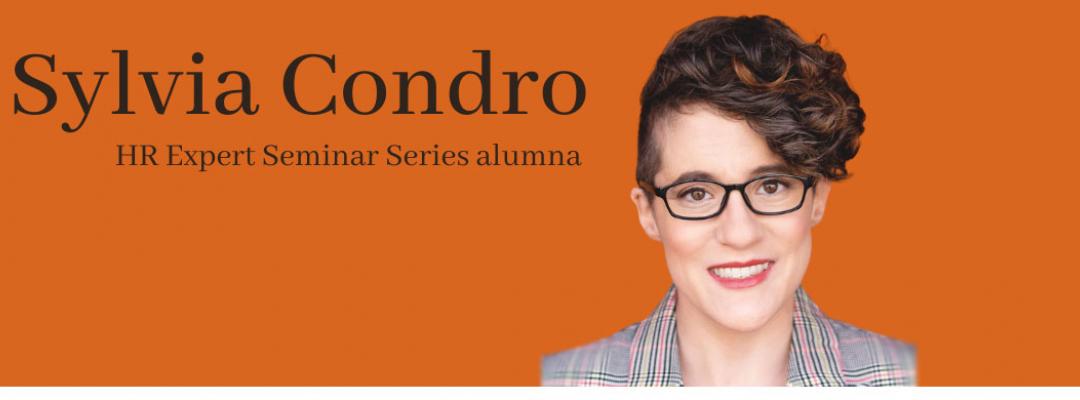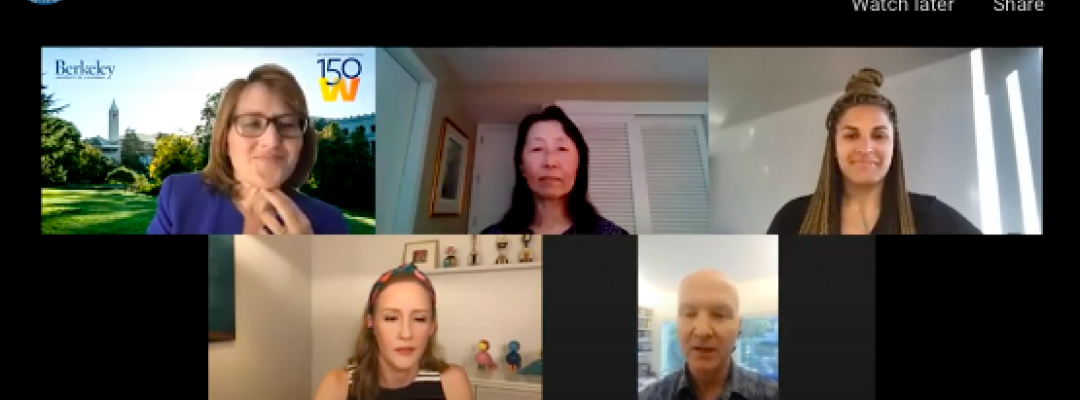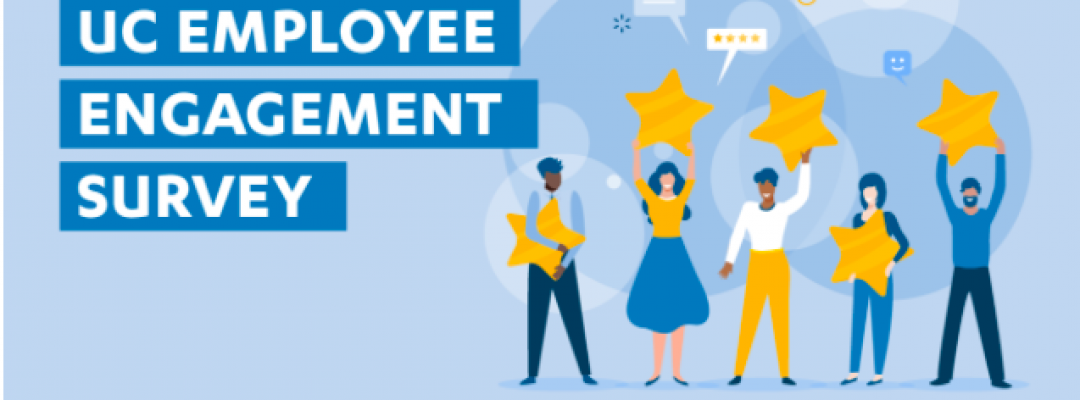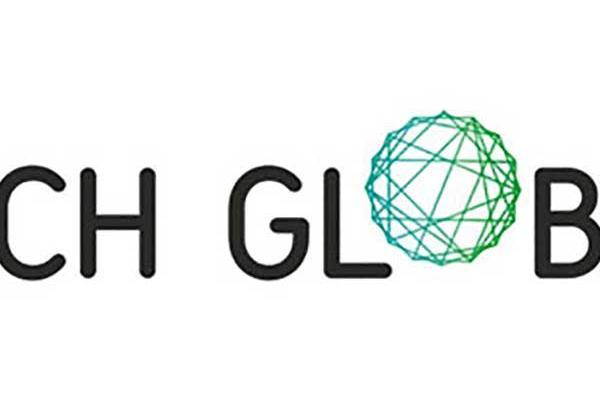We support all students who are looking to expand their education—whether that’s preparing for graduate school, working toward a promotion or eyeing a career change.

UCLA employee Sylvia Condro is just one of our many students who are pursuing their career goals through our courses. Currently an administrative assistant in UCLA IT Services, Sylvia is on the education path to transitioning into an HR role:
Step 1: Working her way toward completing UCLA Extension’s Human Resources Management certificate.
Step 2: Supplementing with our three-course HR Expert Seminar Series. This completely online curriculum allows Sylvia to learn and discover areas of human resources she had never considered before.
Sylvia talks to us about her experience taking these unique courses, bringing the coursework to life at her current position and the next steps to her future career in human resources.
How did you hear about our HR Expert Series?
I heard about this series from my current workplace’s campus resources. I also attended an information session where all three speakers spoke about the series, and that caught my attention.
What made you decide to do Berkeley’s series along with your current certificate program?
I am working on transitioning my career to human resources. I am looking to move forward in my career and focus on employee engagement.
So, when I heard about this series, I was excited to continue educating myself on this field. All three courses were fantastic and cutting edge.
The course The ROI and Management of Distributed Teams was the most impactful for me. With this course, I was able to take what I learned directly to the workplace immediately after.
I’m currently volunteering with the UCLA Staff Assembly as part of the UC Engagement Survey Task Force. They research and assess areas such as organizational change, equity and inclusion, performance management, career development and working relationships.
During the Extension program, I learned about the term "distributed teams," and that concept became something of a touchpoint for my working relationships workgroup. We've been discussing the concept as it pertains to our situation and plan to include this approach as part of our recommendations for improvement to the UCLA Chancellor's cabinet.
With the Inclusive Leadership Through Social Change course, I learned so much that it is difficult to immediately take this new knowledge back to the office. With so much change in my department, it will take some time, but I hope one day to use what I learned to start having these difficult conversations with my colleagues.
The series has given me more awareness on a variety of topics. It has shown me what to prioritize in the workplace. I am now more aware of the ways AI, social justice and distributed teams directly relate to me as a professional.
I am looking for more employee-engagement volunteer opportunities and always networking. Sometimes it’s difficult to be your own advocate about a career change, but I am grateful that people are very supportive of my passion.
What was it like taking these courses?
I was drawn to the discussions on social justice. It can be hard to talk about these kinds of topics in your workplace if you don’t already have an open culture, which many offices don’t. The social justice issues that we studied can be applied to my workplace, and should be a solid foundation on which to start the conversation.
The New HR—Employing Equitable AI course really made me think differently. I had no idea how much AI could be used in my office, especially in hiring practices. The course had me think more in depth about how implicit bias can creep into AI and taught me how to look for it. Because my role is in IT services, the course was beneficial, and this topic is something I am always going to keep in mind.
Why should others be interested in taking the HR Expert Series?
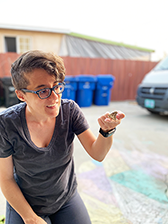
This three-part series opened my mind. As Maya Angelou once said, “I did then what I knew how to do. Now that I know better, I do better.”
I think these courses can help people know better so they can do better. They show that maybe the way you were originally doing things wasn’t the best way. The series provides new ways to think about situations and approach them from another angle. They also help people become aware of their privilege. They provide recommendations to act upon what you have learned.
